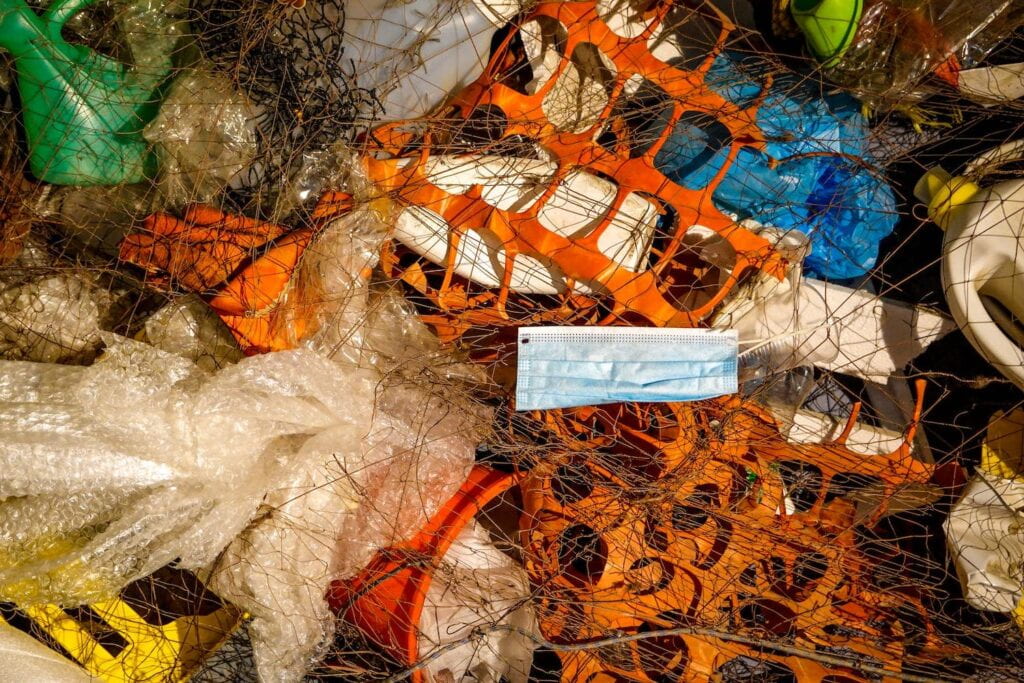It is very important for us to learn how disaster-related factors influence long-term quality of life of survivors, and how to develop strategies to help that population and meet their needs by evaluating the short and long term mental and physical health effects. Nevertheless, the social and economic impacts need to be studied.
In this study on 9/11 survivors, one finding is that many participants delayed in seeking healthcare services especially among first responders who were eager to return to work or downplay their own injuries. In order to address this, it was recommended early medical evaluation and treatment with follow-up schedules to monitor survivors physically and psychologically. It was suggested to tie to primary care providers especially after a disaster since they are more readily available and shown to be highly effective.
Another issue that was found is the extreme extent of social isolation which had affected the survivors’ and their families’ quality of lives. They became fearful, worrisome and withdrawn. The solution for them could be emotional and social support by forming group therapy sessions or support groups. Mental health care treatment was also efficacious for the survivors and their families as well.
One of the social impacts was early retirement or disability retirement, which further complicated the problem due to disconnection from workplace socialization, no access to employee assistance programs, which further worsens social isolation. It was also found that even if survivors didn’t suffer from PTSD, they may not easily recover and may experience a diminished quality of life. Some explanations include “moral injury”, which is a new phenomenon, or survivor’s guilt which can lead to clinical depression. These are hypotheses yet still to be further studied.
However, to make things turn around, survivors can learn to be more resilient by sharing, understanding their experiences and helping others. The focus of future studies should be on ways to encourage survivor resiliency and positive outcomes.
The conclusion is that WTCD survivors suffer serious long-term health and mental health effects, and subsequently, lower quality of life. Communities and governments need to recognize that and provide assessment and treatment for victims after a disaster.
Read the full article here



